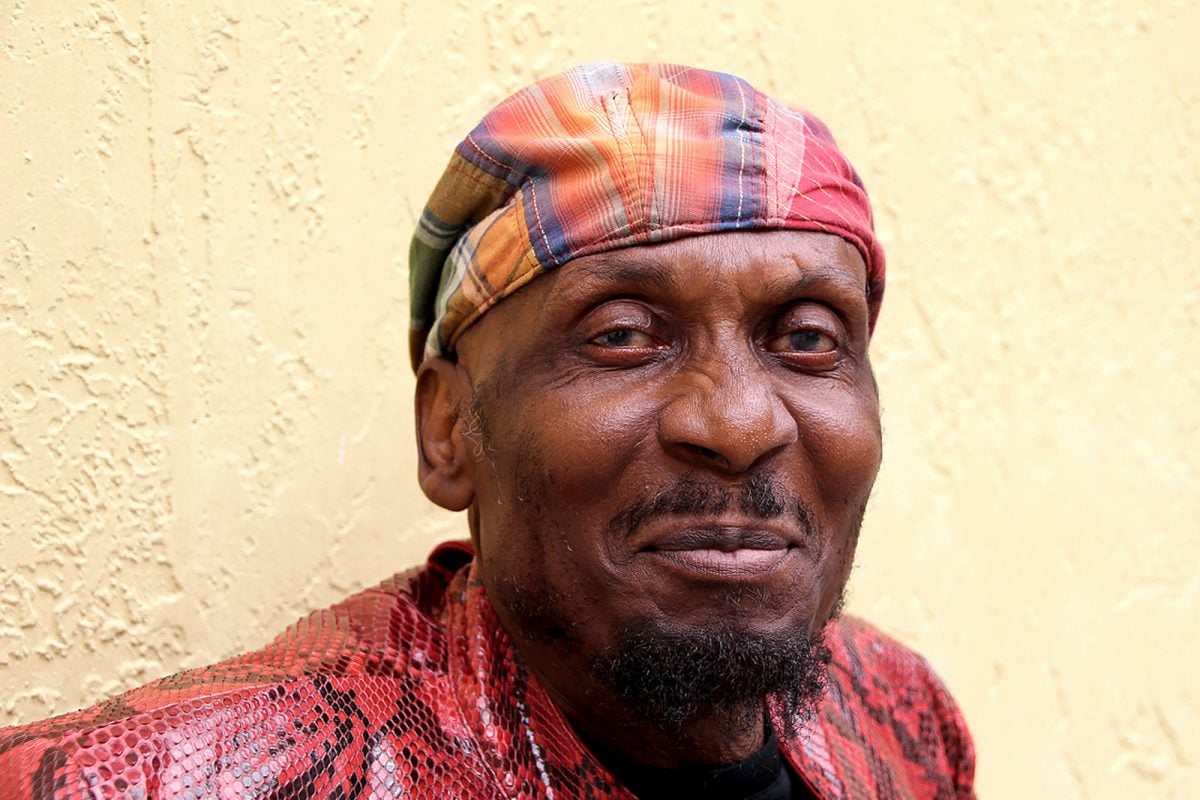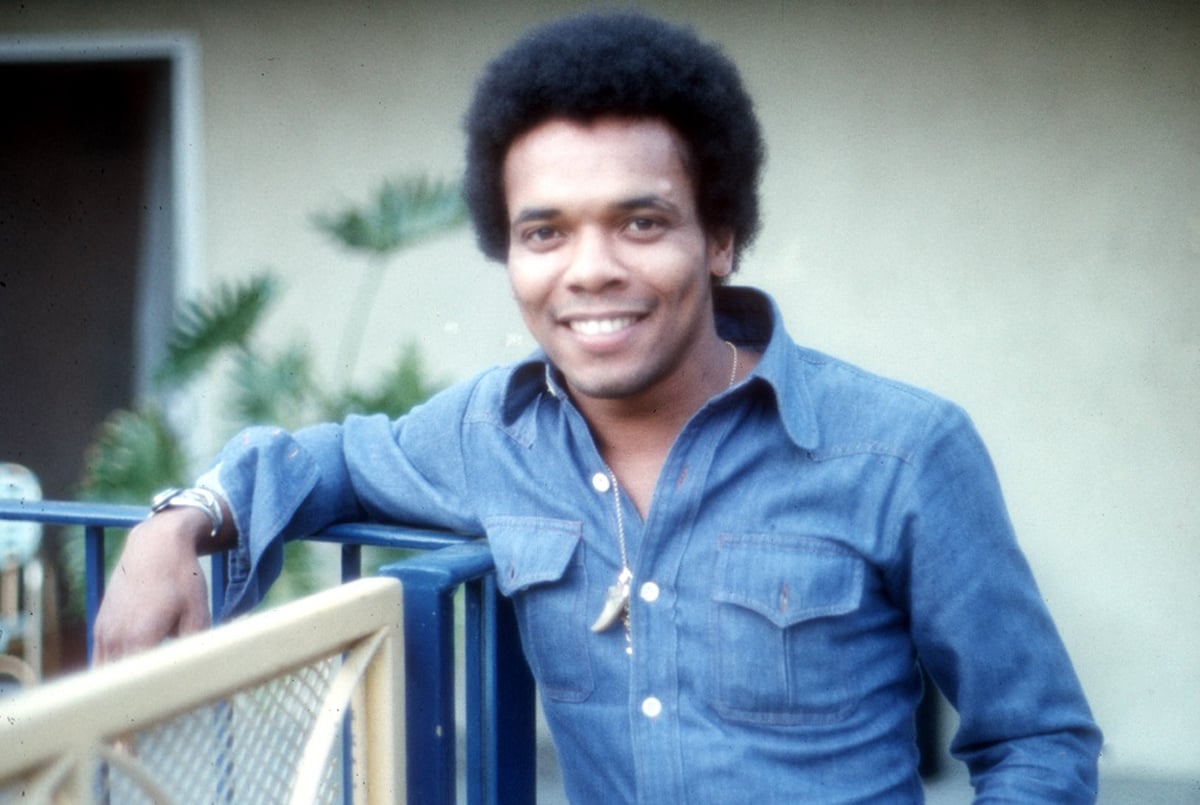Jimmy Cliff Reminisces About Playing Bongo Drums On Johnny Nash’s Original ‘I Can See Clearly Now’

American singer Johnny Nash who died on Tuesday at age 80 in Houston, Texas — worked with a new band called the Fabulous Five Inc. on Nash’s 1972 album I Can See Clearly Now. That set produced the hit song of the same name which sailed to the top of the Billboard pop chart in November 1972, three months after the album was released by Epic Records.
But that wasn’t the only Jamaican connection. Interestingly, reggae icon Jimmy Cliff re-recorded the single years later, but he actually played bongo drums on the original song in 1972.
“Johnny Nash is one of those artistes who I would consider to be a close friend. I met him in England years ago when I used to reside there. Danny Simms had a house in London, and we used to meet up around there and hang out and we became friends,” Jimmy Cliff whose real name is James Chambers, told DancehallMag.
“I was actually at Island Studios in London when I Can See Clearly Now was recorded. I actually played bongo drums on the track. We really had a good rapport all the time,” Jimmy Cliff said.

Years later, a company approached Jimmy Cliff’s manager, David Sonenberg, the founder of the music management company DAS Communications, for the artiste to do a song for the soundtrack of Cool Runnings .
“The company actually wanted me to do You Can Get It If You Really Want , but Sonenberg said no, he wanted that song for our movie that we would be doing. And he suggested to them, how about doing I Can See Clearly Now. I never told Johnny at the time I was doing it, I didn’t have to tell him as it would just go through his publishing company,” Cliff said.
Cliff’s hit version in 1993, re-recorded for the motion picture soundtrack of Cool Runnings, reached the Top 20 at No. 18 on the Billboard Hot 100.
Cliff said that Nash had a great sense of humour. “I saw him years later after he did the original recording of I Can See Clearly Now, and he said ‘remember we recorded the song at Island’. I said ‘you remember that?’. He said, ‘I remember that, I remember more too’, and we laughed,” Cliff reminisced.
“Then I said, ‘I have a song for you’, and he came back at me sharp and said, ‘I have a song for you too’, like he was saying you think I can’t write songs, I can write one for you too. He was just a really very nice bredrin,” Cliff said.
Cliff said he was trying to create an opportunity for himself with Nash’s team.
“At the time, they had hired Bob as a writer and not a singer, and I saw this as an opportunity to write for Nash too,” Cliff said.
